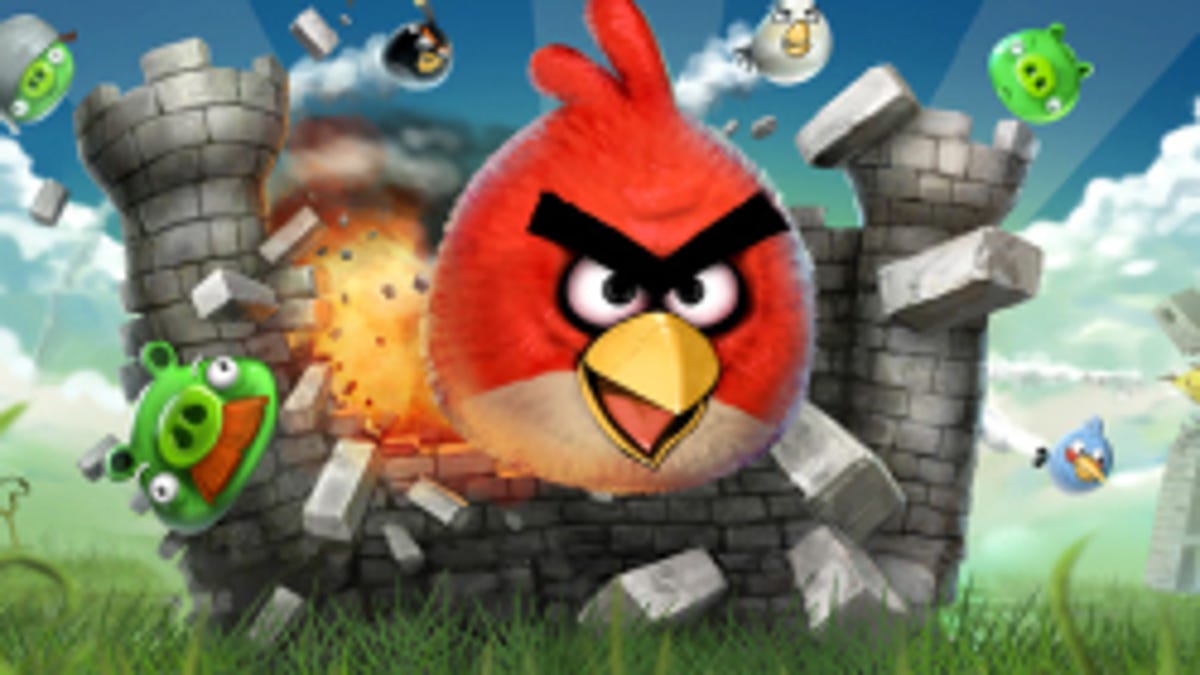Rovio to pirates: Let's be partners, not enemies
The company has decided to try and find ways to partner with entities using its products for unauthorized use.

Rovio's success has spawned a host of unauthorized products across China bearing the Angry Birds name. But that doesn't mean the company wants to get into a legal spat over it.
Speaking to Reuters in an interview today, Rovio marketing chief Peter Vesterbacka acknowledged that a new market has cropped up in China with the sole purpose of capitalizing on the Angry Birds franchise without paying licensing. And although his company has, in some cases, used legal means to stop it, in many others, it has decided to turn those operations into partners.
"We tend to want to collaborate," Rovio's China general manager Paul Chen told the news service.
In order to collaborate, Rovio has used a host of techniques, including recruiting companies using their brand to be partners and offering some of them free ad space in the company's games. And in cases where it comes across solid ideas, Rovio uses them on its own. Vesterbacka told Reuters that he calls the move "pirating the pirates."
Rovio's policy is somewhat unique in the exceedingly litigious world we find ourselves in. When companies believe that their intellectual property is being illegally used for another entity's gain, they usually respond with a lawsuit. A partnership is, for many companies, not even on the table.
Rovio showcased how different it is last year when an Angry Birds-themed park opened in China. Rather than seek legal action, the company reportedly considered partnering with the theme park's operators. No deal has been struck so far, but Vesterbacka told Reuters today that a partnership is "not out of the question."
His comments come just months after Rovio CEO Mikael Hed said that his company's way of handling piracy resulted from witnessing the music industry's missteps.
"We took something from the music industry, which was to stop treating the customers as users, and start treating them as fans. We do that today: we talk about how many fans we have," Hed said in January a the Midem Conference in Canne. "If we lose that fan base, our business is done, but if we can grow that fan base, our business will grow."

